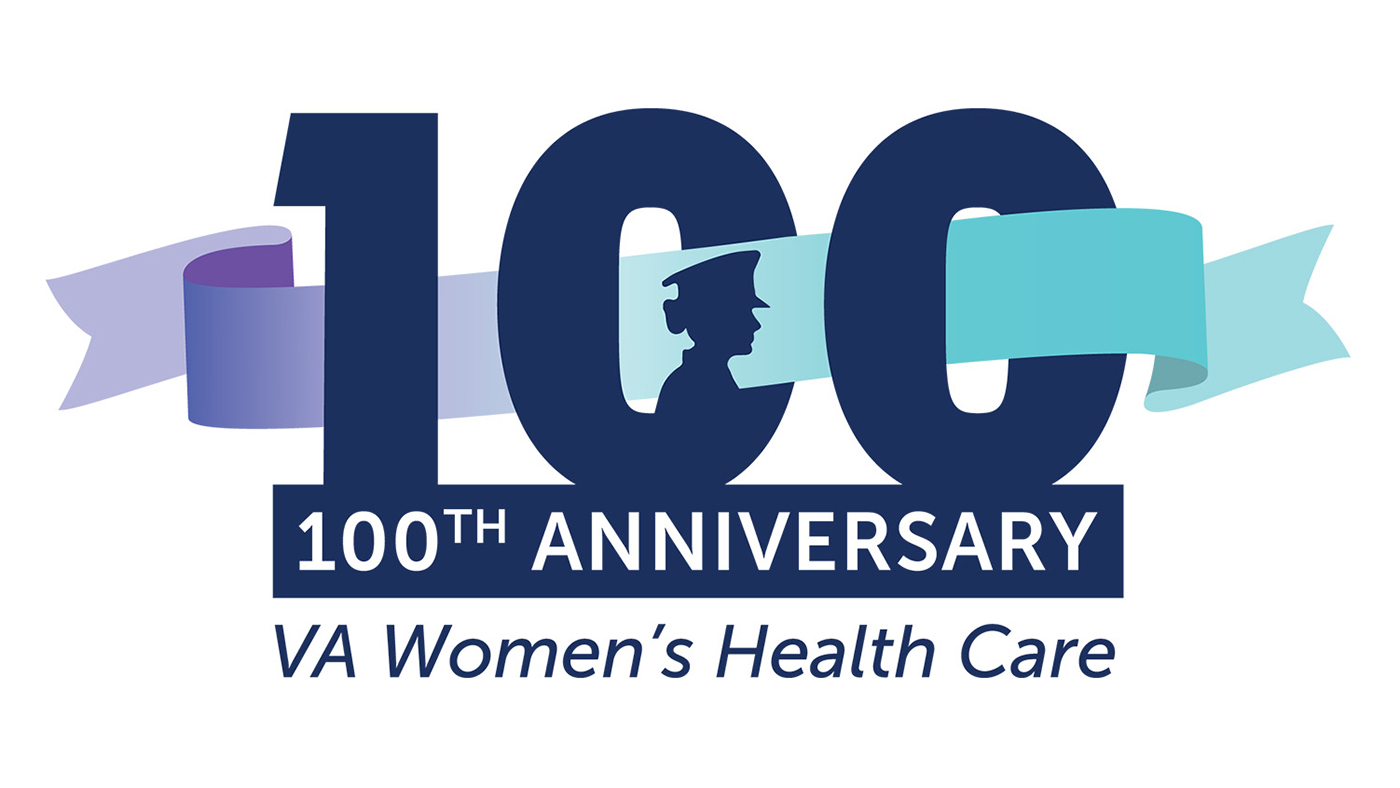On Sept. 14, 2023, VA marks the 100th anniversary of providing health care services to women Veterans.
While women have served in nearly all of America’s wars, it wasn’t until after World War I that women Veterans were granted access to government health care.
Hospitalization and medical care for women who served as Army or Navy nurses during World War I was first authorized on March 3, 1919, just a few months after the Armistice. Although the 1919 law gave women nurses the right to medical care, no facilities were prepared to accept them.
On Sept. 14, 1923, the governing board of the National Home for Disabled Volunteer Soldiers (VHA’s origins) approved the first hospital spaces for women Veterans who served as Army or Navy nurses during World War I. At that time, there were approximately 52,000 women Veterans in America, 25% of whom were eligible for care due to disabilities.
Since those humble days, VA has adapted and evolved to meet the growing and unique health care needs of women who have served in the military.
Addressing an increased need for gender-specific care
Over the years, women Veterans have increasingly served a more active role in our Armed Forces. With the signing of the Women’s Armed Services Integration Act of 1948, women became permanent members of the Army, Marine Corps, Navy and the newly formed Air Force. This pivotal act not only expanded the role of women in the military but also created a greater need for gender-specific health care for Veterans.
Recognizing this need, VA started developing comprehensive women’s health programs in the 1970s. However, it was in the 1990s that marked a turning point in VA’s commitment to women Veterans’ health.
Specialized health care for women Veterans
With more women actively serving and returning from deployments, it became evident that a gender-specific approach was essential to ensuring comprehensive care. In 1994, VA initiated the Women Veterans Health Program, focusing on providing gender-specific health care services, including primary care, mental health support and reproductive health care.
The success of this program led to the establishment of dedicated women’s health clinics at VA medical centers nationwide. These clinics, staffed by providers specifically trained in women’s health, became a cornerstone of women Veterans’ care.
VA improving access and quality of care for women Veterans
VA expanded services to include gynecological care, breast and cervical cancer screenings, contraceptive counseling and menopause management, among others. It also recognized the unique challenges faced by women Veterans in terms of military sexual trauma, post-traumatic stress disorder and depression, and focused on enhancing mental health support to address these issues effectively.
Our commitment to improving health care delivery for women Veterans
VA is actively working to integrate gender-specific care into all aspects of the VA system and ensuring that women Veterans’ voices are heard in policymaking and program development.
Today, as we recognize a century of women Veteran health care, we celebrate the remarkable journey of VA in meeting the unique needs of women who have bravely served in the military.
On Sept. 14, at 1 p.m. ET, VA will celebrate with a live event featuring keynote speaker Secretary Denis R. McDonough.
The event will be live-streamed and you can watch it online.
Read more in-depth history of health care for women Veterans.
You can also call or text the Women Veterans Call Center at 1-855-829-6636 for more information.
To read more stories on women’s health care, visit Health News – VA News.
Topics in this story
More Stories
Pacific Islands VA has opened a new urgent care clinic inside the Daniel K. Akaka VA Clinic.
From one battle to the next, including four types of cancers, Eliot Winokur’s resilience remains unshaken.
As severe weather threatened Mississippi, local news warned of a dangerous outbreak of tornadoes. A VA nurse stepped up.






Saw the person assigned as my primary last week. She started by asking if I was feeling ok, I said NO. that assessment has many questions, she asked none of them. Started touching me without asking or warning me. I do not believe she understands PTSD. Guess she did not know I can see what she put in her report. The report wasn’t just in error, it was fraudulent. And the VA wonders why women won’t get care there. There is a reason the first questions are about depression and suicidal ideations. She just clicked through all of them. Yea I was a little hot, but maybe that had to do with the heater in the middle of the exam room. It was over 90 outside and even warmer in there. Not sure she met fire code that day. Neurologist told me to avoid the heat. Never thought I would need a cooling vest so I could safely go to a VA appointment. H
Need more information with the veterans of affairs so I can get help with woman’s mental health since I am an aged and disabled veteran woman now and will be turning 48 this year . Please send me a packet of info and things that pertain the post 911 GI bill thank you. Sincerely, Ms. Barbara Jean Harper Killeen resident of 40 years or so now